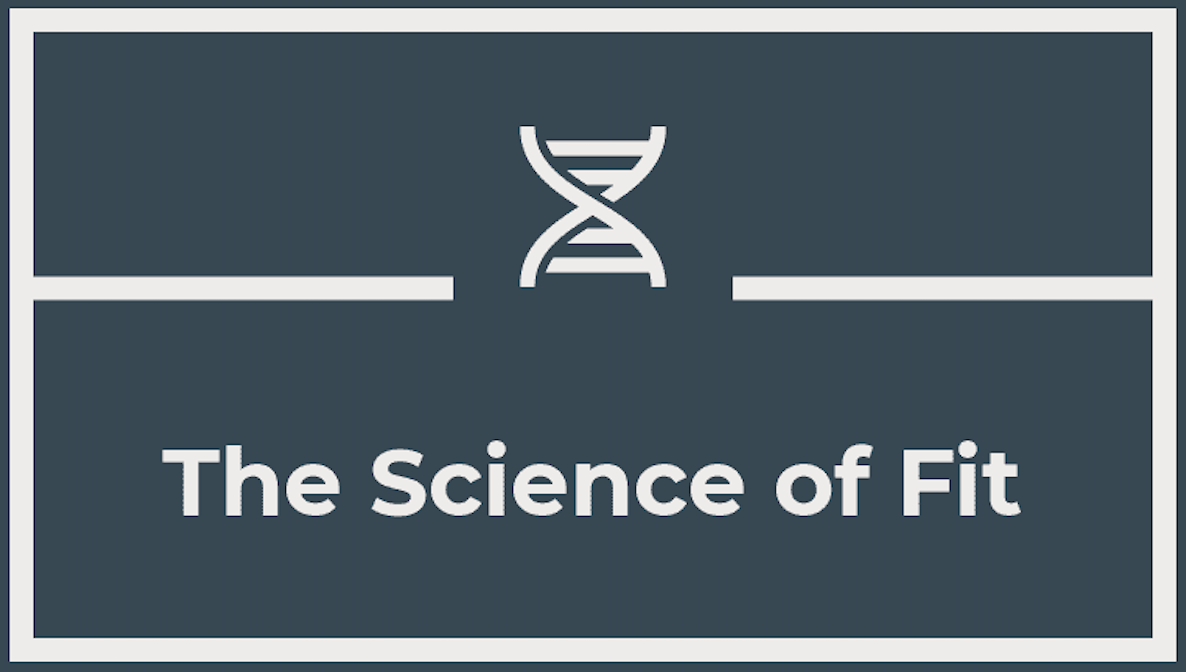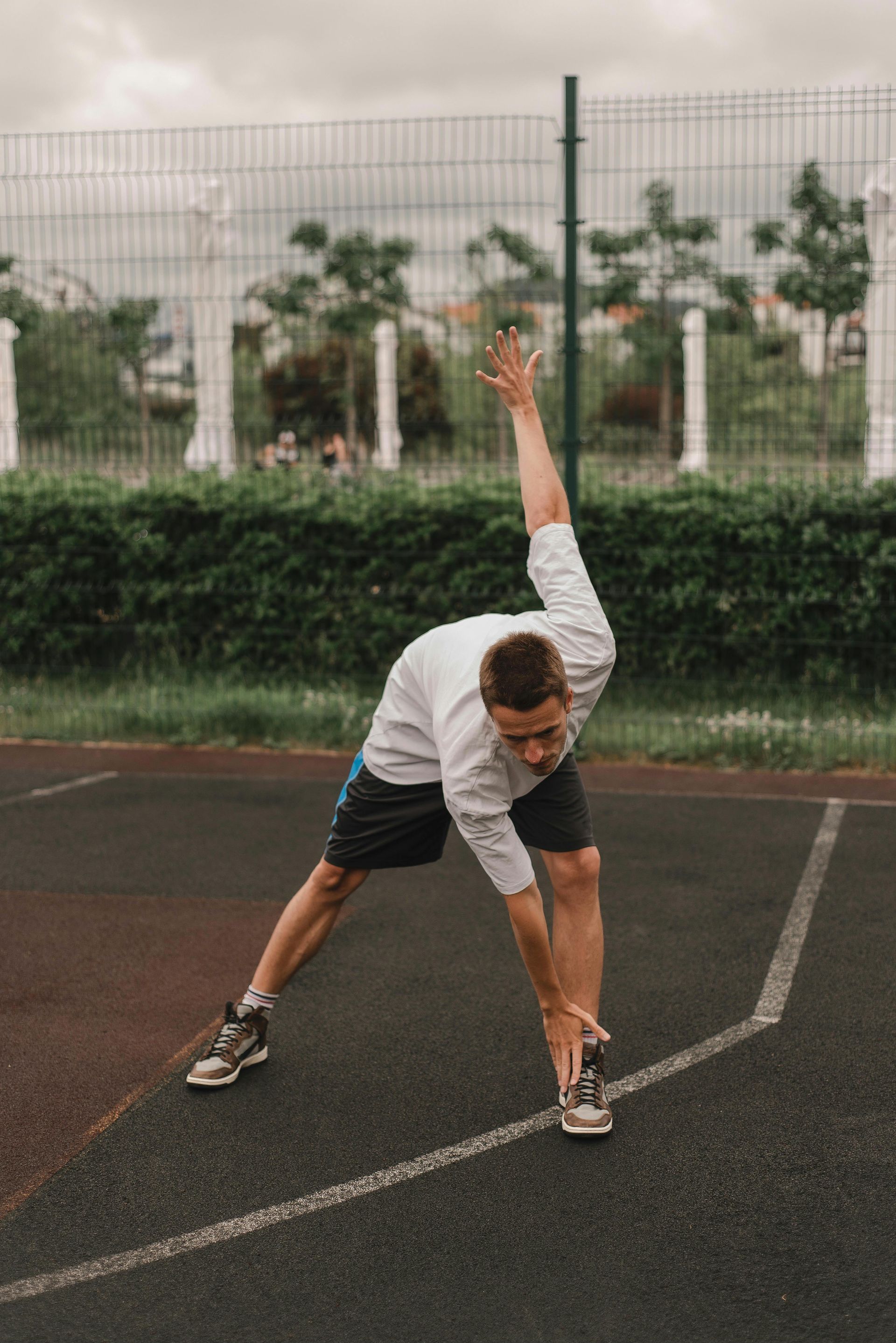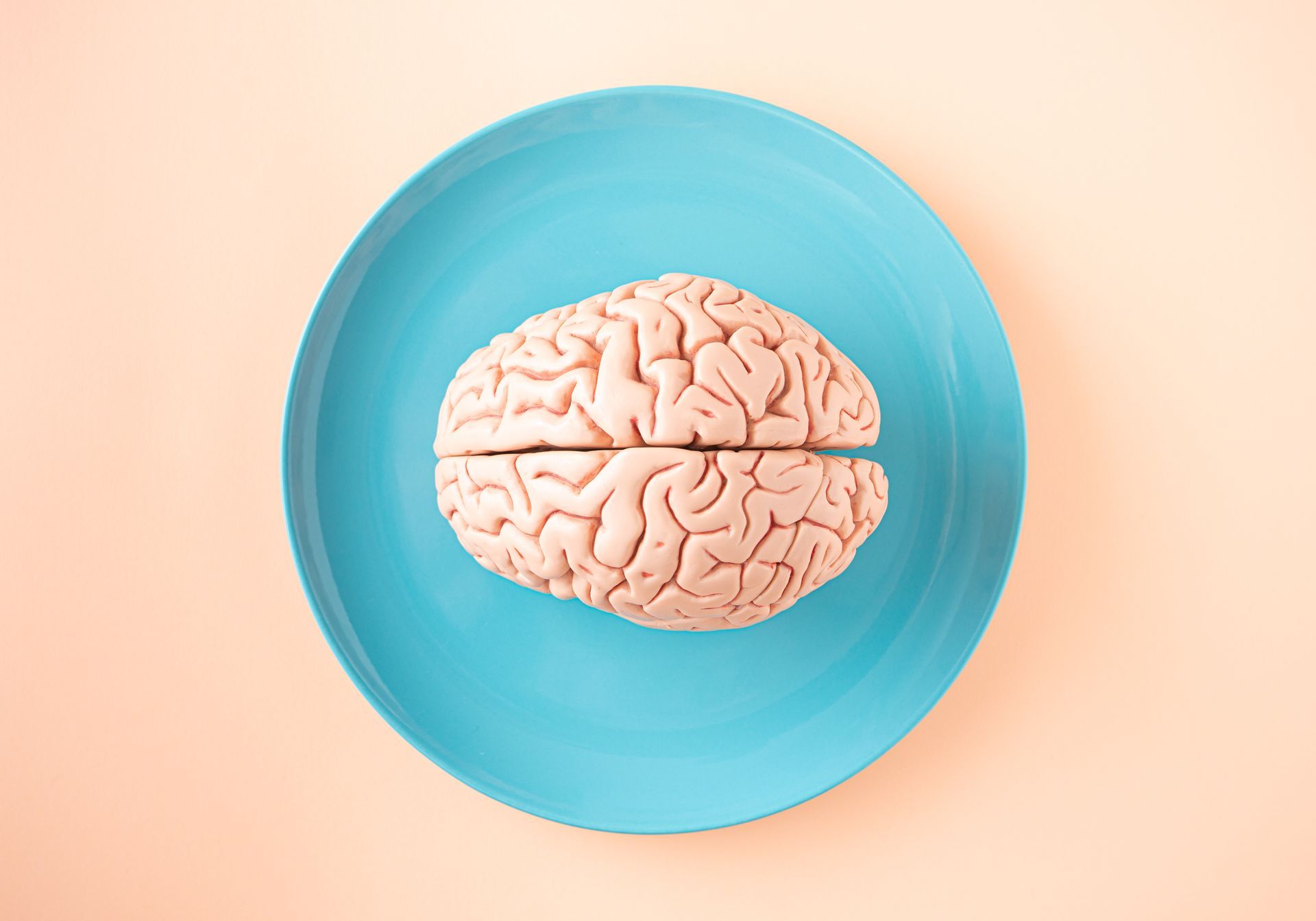Recovery and Its Implications in Training
The Crucial Role of Recovery in Training: Scientific Insights and Practical Implications

Recovery is an integral aspect of training that significantly influences an individual's ability to adapt, perform, and excel in physical activities. This article explores the physiological processes underlying recovery, the impact of inadequate recovery on performance and health, and evidence-based strategies to optimize recovery for athletes and fitness enthusiasts.
1. Introduction:
Training-induced stress and fatigue are essential components of the adaptive process, but without adequate recovery, optimal performance gains may be compromised. This article delves into the scientific principles of recovery and its paramount importance in achieving peak physical condition.
2. The Physiology of Recovery:
A. Muscle Repair and Growth:
- Resistance training induces microtrauma to muscle fibers. Adequate recovery allows for the repair and growth of these fibers, leading to increased muscle mass and strength. Protein synthesis is a key process during this phase.
B. Central Nervous System (CNS) Recovery:
- Intense training can fatigue the central nervous system. Recovery is crucial to restore neurotransmitter balance, optimize motor unit recruitment, and enhance neuromuscular coordination.
C. Hormonal Balance:
- Hormones such as cortisol and testosterone play pivotal roles in the training response. Proper recovery helps maintain a favorable hormonal balance, promoting muscle growth and preventing the negative effects of chronic stress.
3. Consequences of Inadequate Recovery:
A. Overtraining Syndrome:
- Inadequate recovery, coupled with excessive training, can lead to overtraining syndrome. Symptoms include persistent fatigue, decreased performance, and increased susceptibility to illness, posing a significant challenge to athletes.
B. Increased Injury Risk:
- Continuous stress without adequate recovery increases the risk of overuse injuries. Fatigued muscles and compromised coordination contribute to biomechanical imbalances and injury susceptibility.
C. Mental Fatigue and Cognitive Function:
- Physical fatigue can extend to mental fatigue, affecting cognitive function, decision-making, and focus. Proper recovery is essential for maintaining mental acuity and sustaining training motivation.
4. Evidence-Based Recovery Strategies:
A. Sleep Quality and Quantity:
- Quality sleep is paramount for recovery. During sleep, growth hormone is released, facilitating muscle repair and overall recovery. Sleep hygiene practices are critical for optimizing sleep quality.
B. Nutrition and Hydration:
- Proper nutrition, including adequate protein intake, supports muscle repair and glycogen replenishment. Hydration is essential for maintaining cellular function and facilitating nutrient transport.
C. Active Recovery:
- Light, low-intensity activities, such as swimming or cycling, can enhance blood flow, aiding in the removal of metabolic byproducts and reducing muscle soreness.
D. Massage and Foam Rolling:
- Massage and foam rolling promote blood circulation, alleviate muscle tightness, and enhance flexibility. These techniques can contribute to the prevention of muscle imbalances and injury.
5. Individualized Recovery Approaches:
Individual responses to training and recovery strategies vary. Athletes and fitness enthusiasts should adopt a personalized approach, considering factors such as age, training history, and specific performance goals.
6. Conclusion:
In the pursuit of athletic excellence and overall fitness, prioritizing recovery is non-negotiable. The science-backed insights presented in this article underscore the importance of recovery in maximizing training adaptations, preventing overtraining, and sustaining long-term performance gains. Integrating evidence-based recovery strategies into training regimens is essential for athletes and fitness enthusiasts aiming to achieve their full potential while safeguarding their physical and mental well-being.










